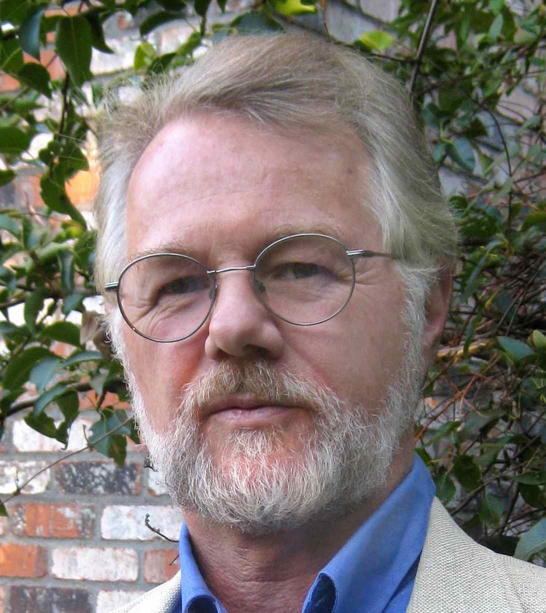The last time I had a beard was right before college graduation. I was off in the wilderness, and when I came back my razor was busted. So, I grew a beard that was largely red, and in terms of being well behaved, well, it made Gabby Hayes look well-groomed. So I’ve been clean shaven since (see to the right).
 Well, that’s changed. To make a long story short, I had an extended period of time away from family and razor, and grew it out. When I came back, the reviews went from mixed to positive, not a negative word. Now, of course, you seldom hear from those who don’t like a look (wonder how many people do not like Quinnovation as a company name), but the important people (my immediate family) either initially or grew to prefer the new look. (Maybe the more of my face I cover, the better ;)
Well, that’s changed. To make a long story short, I had an extended period of time away from family and razor, and grew it out. When I came back, the reviews went from mixed to positive, not a negative word. Now, of course, you seldom hear from those who don’t like a look (wonder how many people do not like Quinnovation as a company name), but the important people (my immediate family) either initially or grew to prefer the new look. (Maybe the more of my face I cover, the better ;)
Well, this creates a conundrum, because I’ve plenty of promo photos out there for various speaking engagements that now are no longer appropriate. It was time for a new official photo (it was anyways, this is close to a decade old, and I do not want to be the guy who’s photo is decades out of date).
The official way to do this is to hire someone, but I perused the local options, and either they were sidelining portraits on top of weddings, babies, etc, or they used stock backgrounds. The pre-beard shot above was taken by my friend and colleague Jay Cross, chose it out of several candidates, and liked the more natural setting. So I got my wife to take a bunch of shots, and we (with my daughter’s help) went through them. They were all flawed for various reasons (some problems she saw and I didn’t, and there begins the tale; it was a collaborative project and decision). We tried again, and finally found two we liked. How to decide?
So I went out to a small group of colleagues who I could trust would give me straight feedback, and they reliably preferred one. This was a relief. However, there was a problem: my face was kind of dark against the background. And, lo, one of them stepped up and offered to work on the photo.
She kindly took the shadow off my face, and did another lightening up the whole picture. The former was better, but I was concerned that there wasn’t sufficient contrast, so she also created one that had the background muted. Her contribution was so valuable. Now I had two more to choose from: the more natural one or the one with the muted background. How to answer this?
 So I went out to four of the groups I have or was going to talk for, and asked them which they would prefer for their brochures or websites. Of the 3 that responded, they all preferred the natural background (my preference). I’d converged on a new headshot.
So I went out to four of the groups I have or was going to talk for, and asked them which they would prefer for their brochures or websites. Of the 3 that responded, they all preferred the natural background (my preference). I’d converged on a new headshot.
More importantly, I had avoided my usual blind decisions, and got contributions all along the way that made the outcome better. Throwing out ego and being willing to ask for help isn’t my natural approach, as I hate to impose, but I know I don’t mind helping colleagues and friends, so I stepped out of my comfort zone and I’m so grateful they stepped up.
The take-home lesson for me is the power of communication and collaboration: crowd sourcing works. You may not like the new look, but it’s where I’m at, and it’s a lot better picture than I’d had if I tried to do it alone.
